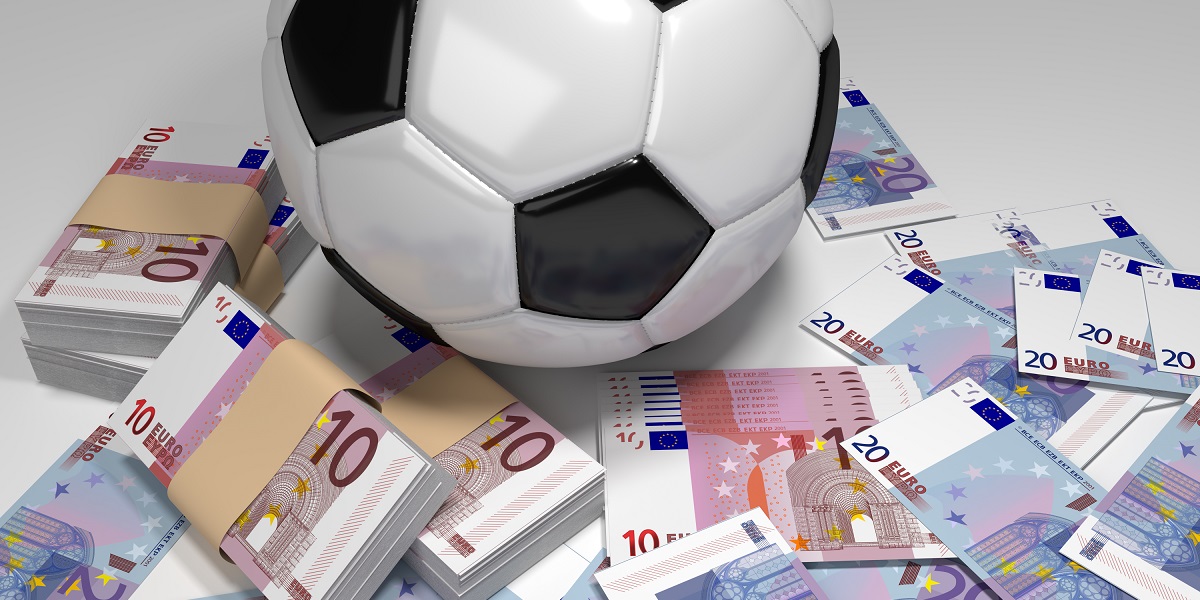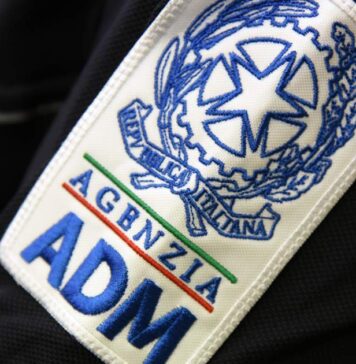The global problem of illegal sports betting, fraudulent competition manipulation and the involvement of organized crime in the world of sport was addressed at a United Nations conference in Atlanta, USA.
The debates of international conference against corruption, convened in Atlanta by the United Nations Office on Drugs and Crime, held between 11 and 15 December, based on the Global Report on Corruption in Sport, produced by the UNODC in 2021, highlighted a dramatic increase in illegal betting, fueled by the billions of dollars flowing through professional sports, as well as from globalization and technological advances.
UNODC, which is at the forefront of international efforts to support governments and sports organizations in preventing and punishing crime in sport through its Programme to Protect Sport from Corruption and Economic Crime, estimates that at least 1,7 trillion dollars are wagered on illicit betting markets controlled by organized crime.
Speaking at a session on sport and corruption at the conference, James Porteous, Asian Racing Federation Council's head of research on anti-illegal betting and related financial crime, said illegal betting was now the "number one factor fueling corruption". corruption in sport". and pointed out that many standards were written in the XNUMXth century and are not suitable for the Internet world.
Representatives of crime-fighting organizations present at the event underlined the scale of the corruption problem.
Humaid Al Ameemi, coordinator of the Anti-Corruption Unit of INTERPOL (the International Criminal Police Organization, an intergovernmental body), explained that the manipulation of sports competitions is a highly organized crime involving money laundering and other illegal activities and called for better data sharing.
Al Ameemi described match manipulation as a “gateway to crime”: Joseph Gillespie, head of the Transnational Organized Crime Threats Unit of the FBI (the United States Federal Bureau of Investigation), delved into the topic, underlining that the Office has a very strong interest in tackling corruption in sport, as it offers opportunities for organized crime to profit through extortion, illegal betting and other irregular activities.
INTERPOL, UNODC and the International Olympic Committee (IOC) have collaborated on a guide for policy makers to help them effectively address and investigate competition manipulation.
Anita DeFrantz, IOC member and medalist at the 1976 Montreal Games, highlighted the importance of strong collaboration between sports organizations and law enforcement in ensuring integrity and credibility, and highlighted the role of partnership International Action against Corruption in Sport (IPACS), which includes international sports organisations, governments and intergovernmental bodies including the UNODC.
Football is the most popular sport in the world, awash in huge sums of money, and is therefore particularly prone to corruption. The sport's world governing body, FIFA, has also faced criminal charges and scandals, most notably in 2015, when several FIFA officials were arrested at a major Swiss hotel.
Following the US Department of Justice's investigation into corruption at FIFA in 2016, the international community's attention on corruption and crime in sport increased significantly, along with calls for action.
The current FIFA president, Gianni Infantino, delivered a video message to the conference, in which he said that protecting football from corruption and ensuring sporting justice is the most important topic for the organization.
“Football is a multi-billion dollar global industry which makes it a potential target for corruption and other types of criminal activity and this is something we should avoid and fight to ensure the playing field is always level,” Infantino said.
A renewed Memorandum of Understanding between FIFA and UNODC, he said, had been helpful in the development of more than 60 projects related to the fight against corruption, in particular the Global Integrity Program which tackles match-fixing, “a platform that facilitates an important exchange of information between all those who fight against match fixing."
Following the Programme, which trained more than 400 Football Integrity Officers and government officials and tackled competition manipulation, UNODC took part in the FIFA World Cup Integrity Task Force in Qatar to monitor 64 matches for match manipulation (no threat was reported to the Task Force).











